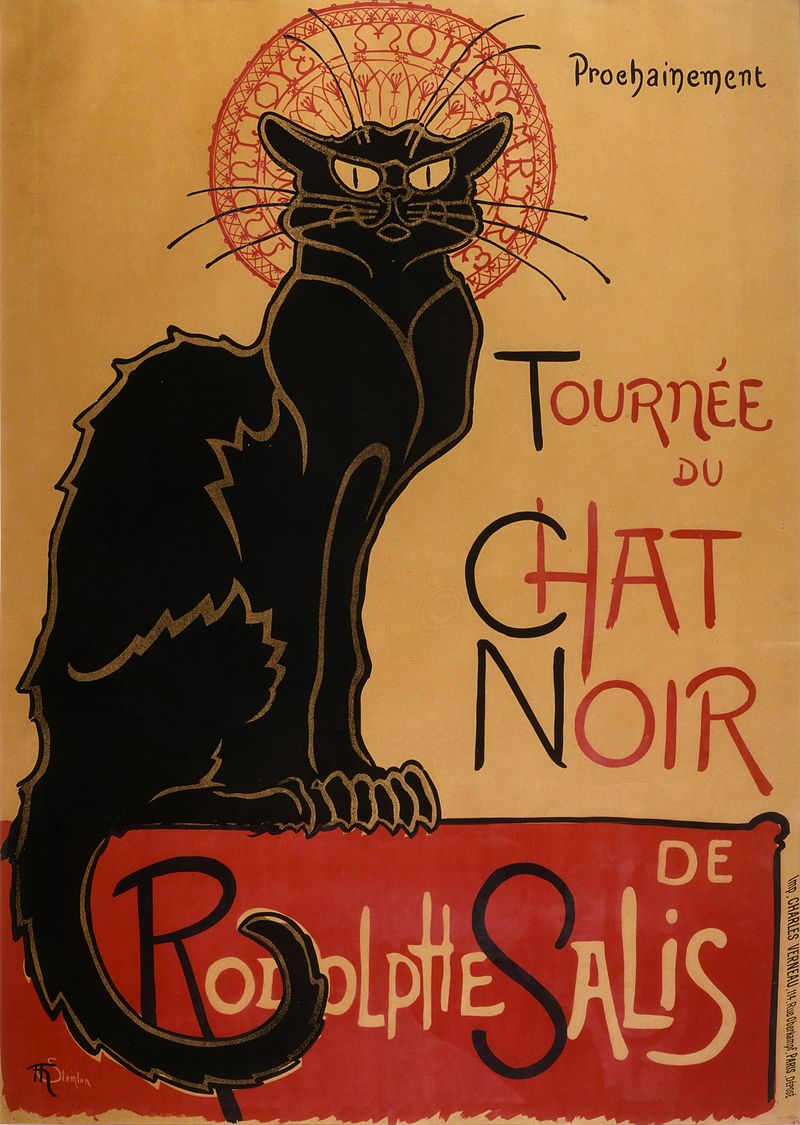I knew the entire endeavour had been inflected with a measure of madness.~from The Lost Pianos of Siberia by Sophy RobertsI was intrigued. Pianos and Siberia--what a strange combination.
I love piano music. I have played (poorly) since I was eight years old. I love the piano music of Rubinstein and Rachmaninoff. I love Russian composers, from Tchaikovsky to Rimsky-Korsakov to Stravinsky to Prokofiev to Shostakovich.
But--Pianos in Siberia? The far land of exile and punishment for millions known as The Prison Without a Roof?
Just the kind of book for me.
Sophy Roberts spent several years traveling across the breadth of Siberia tracing an unlikely, but rich, musical heritage. Her book The Lost Pianos of Siberia is part travelogue and part Russian history, filtered through the impact of music.
Franz Liszt's Russian tour "turned the Russian love of the instrument into a fever in the 1840s," Roberts writes.
The diversity of Siberia's people, from the indigenous people who underwent repression, to prisoners including serfs and the Romanov family, fill the pages as Roberts sought the rumored, legendary pianos, including the piano Empress Alexandra played while held prisoner.
The book is also a compressed Russian history, especially of the 20th c. revolutions, and a history of the piano, including the rise of Russian factories.
It felt about as far from home as I could get while remaining on this planet. ~from The Lost Pianos of Siberia by Sophy RobertsIn the far-flung communities of Siberia, Roberts discovers the universal love of music. It is incredible to read about herders gathering to hear a brilliant pianist play a baby grand in a Mongolian gert.
The Lost Pianos of Siberia is a unique and mesmerizing read.
The publisher gave me a free ebook through NetGalley in exchange for a fair and unbiased review.
from the publisher
From acclaimed journalist Sophy Roberts, a journey through one of the harshest landscapes on earth—where music reveals the deep humanity and the rich history of Siberia
Siberia’s story is traditionally one of exiles, penal colonies and unmarked graves. Yet there is another tale to tell.
Dotted throughout this remote land are pianos—grand instruments created during the boom years of the nineteenth century, as well as humble, Soviet-made uprights that found their way into equally modest homes. They tell the story of how, ever since entering Russian culture under the westernizing influence of Catherine the Great, piano music has run through the country like blood.
How these pianos traveled into this snow-bound wilderness in the first place is testament to noble acts of fortitude by governors, adventurers and exiles. Siberian pianos have accomplished extraordinary feats, from the instrument that Maria Volkonsky, wife of an exiled Decembrist revolutionary, used to spread music east of the Urals, to those that brought reprieve to the Soviet Gulag. That these instruments might still exist in such a hostile landscape is remarkable. That they are still capable of making music in far-flung villages is nothing less than a miracle.
The Lost Pianos of Siberia is largely a story of music in this fascinating place, following Roberts on a three-year adventure as she tracks a number of different instruments to find one whose history is definitively Siberian. Her journey reveals a desolate land inhabited by wild tigers and deeply shaped by its dark history, yet one that is also profoundly beautiful—and peppered with pianos.
About the author
Sophy Roberts is a British writer whose work focuses on remote travel. She began her career assisting the writer Jessica Mitford, was an English scholar at Oxford University, and trained in journalism at Columbia University. She regularly contributes to the Financial Times and Condé Nast Traveler. The Lost Pianos of Siberia is her first book.
The Lost Pianos of Siberia
by Sophy Roberts
Grove Atlantic
Pub Date August 4, 2020
ISBN: 9780802149282
PRICE $40.50 (CAD)

















